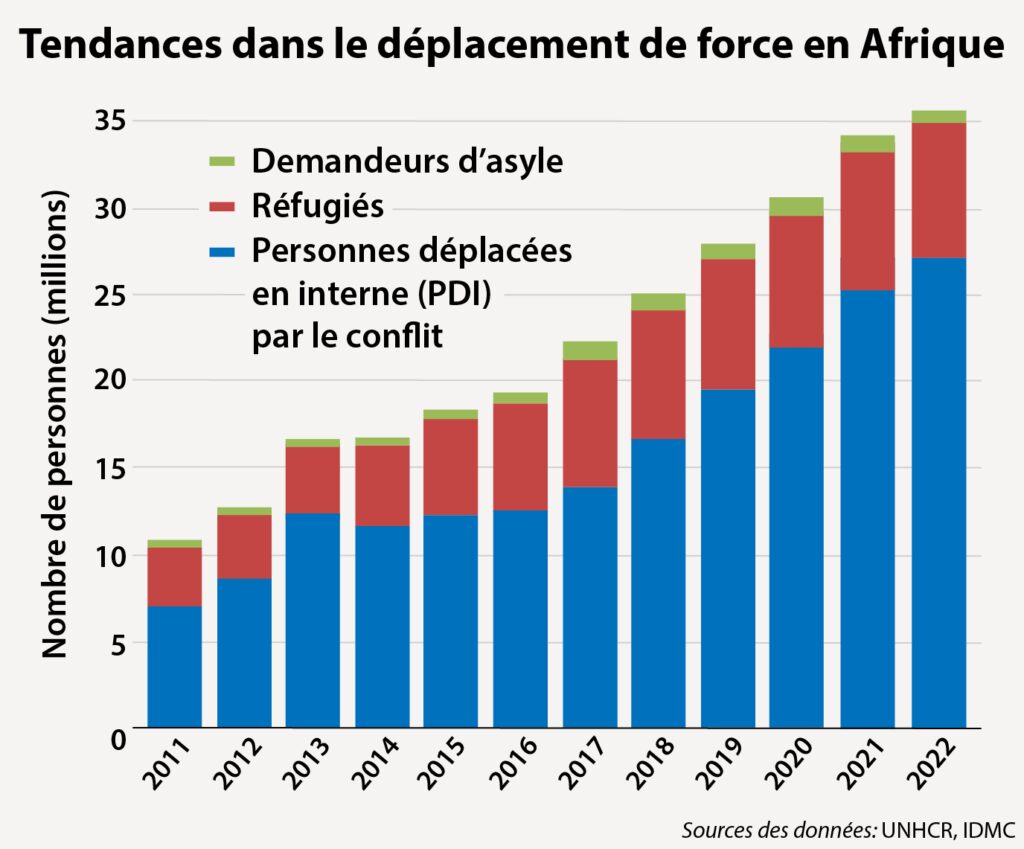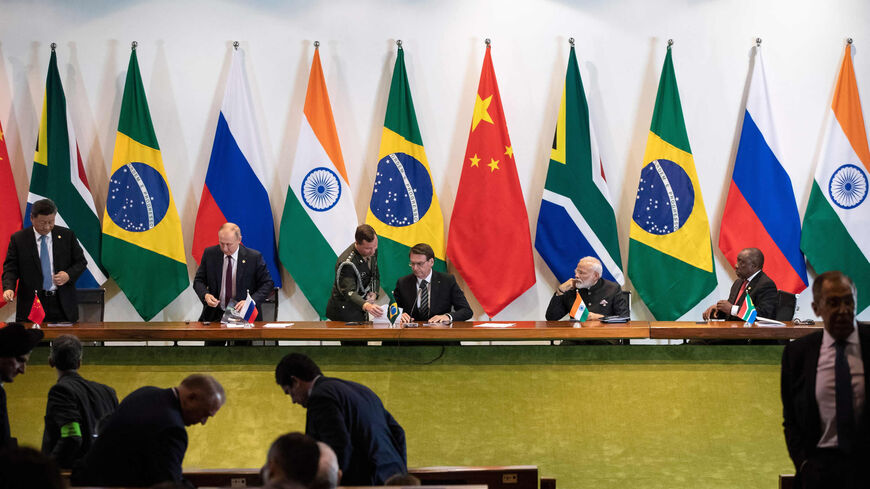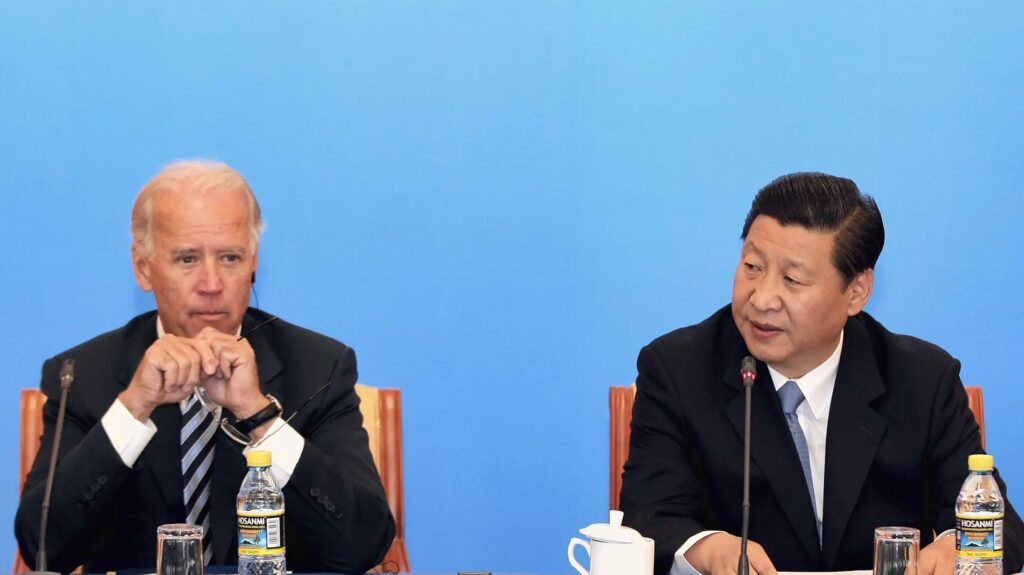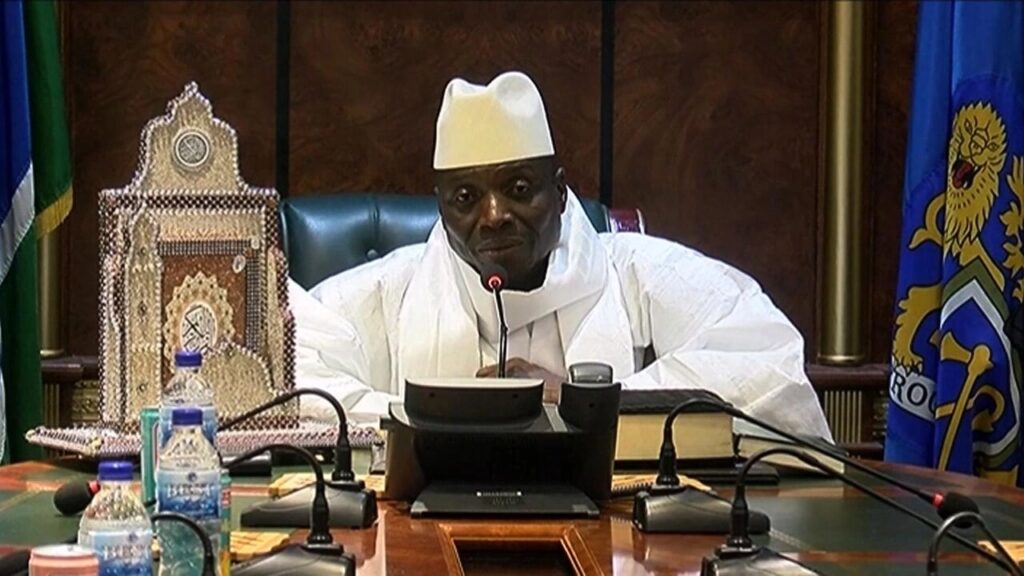36 millions d’africains déplacés de force, un chiffre record
Les conflits continuent à engendrer des niveaux records de déplacement de population en Afrique où les 36 millions de personnes déplacées sur le continent représentent 44 % des déplacés de force dans le monde.







